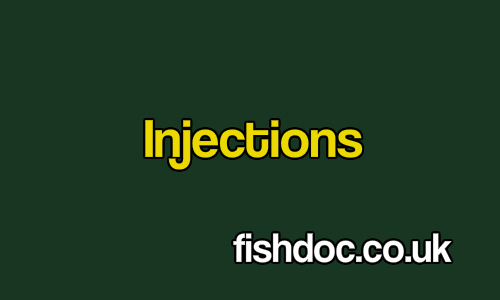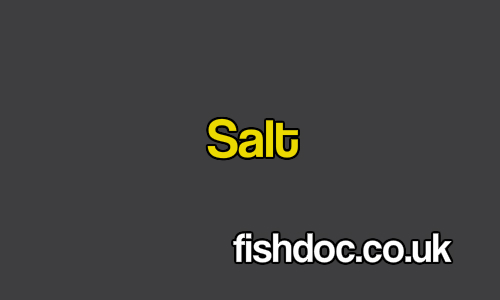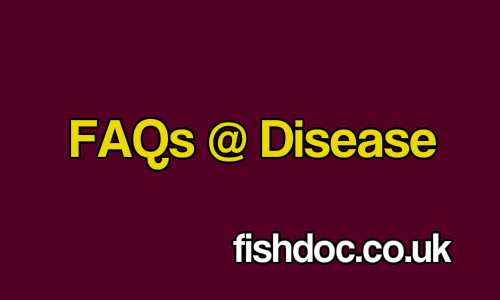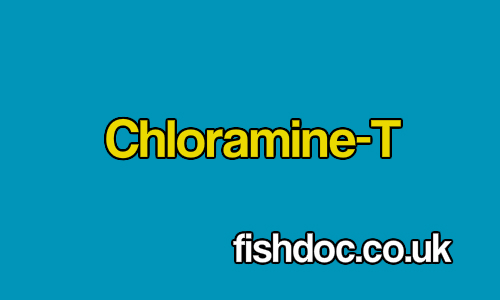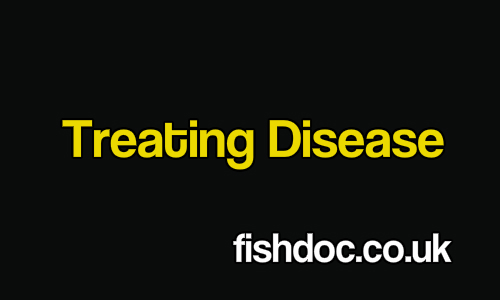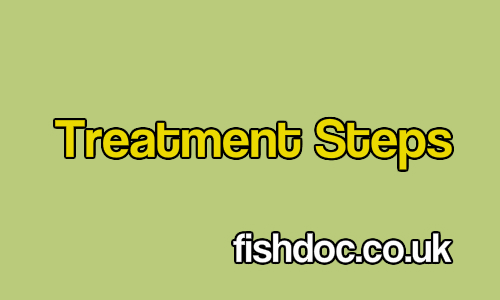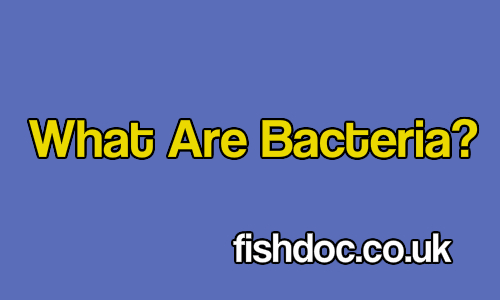
A natural process that aids fish keepers Nitrification is a biological process during which nitrifying bacteria convert toxic ammonia to less harmful nitrate. All we need to do is provide the right conditions for the nitrifying bacteria to thrive. It is important to bear in mind the potential threat to fish health if nitrification is ..
